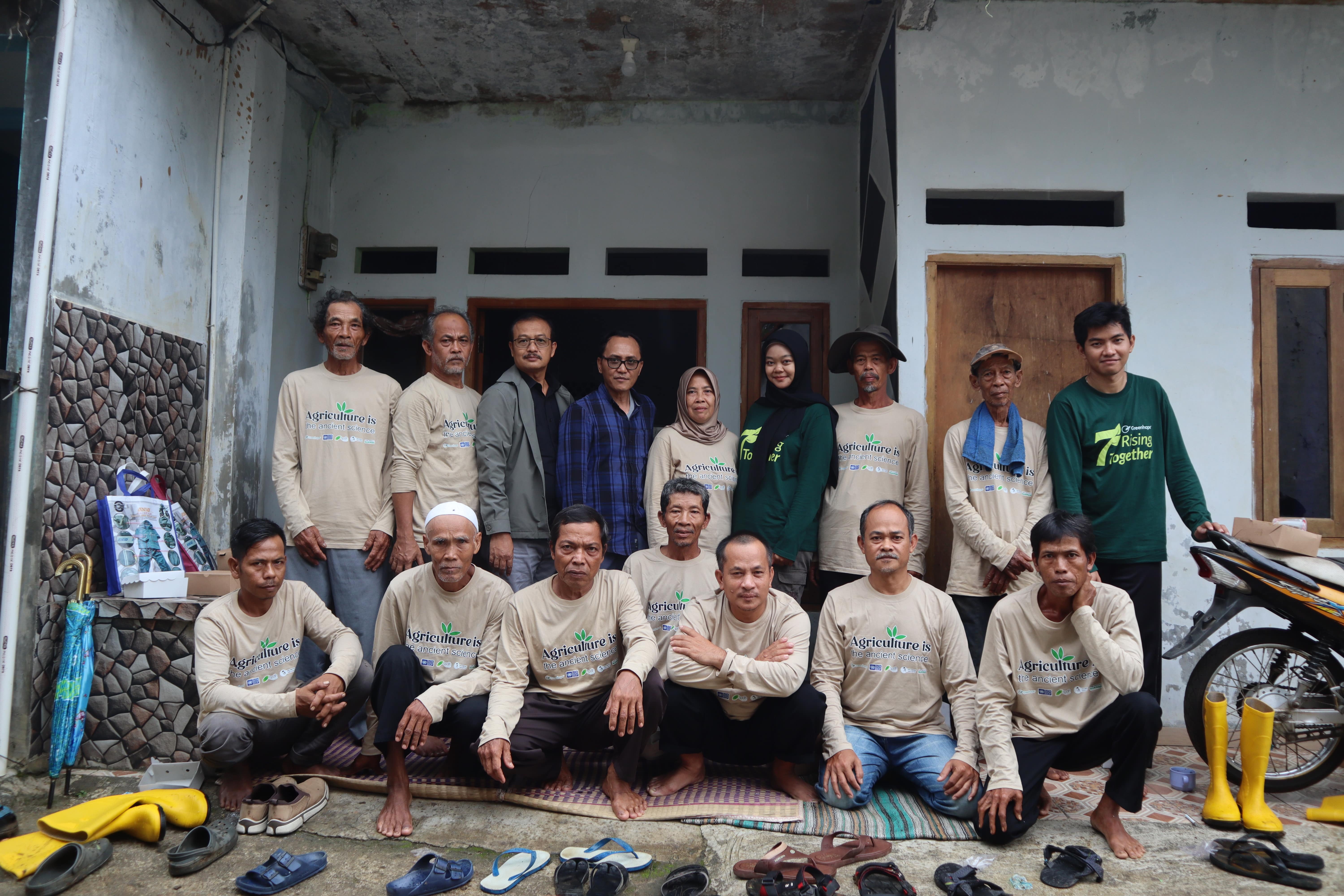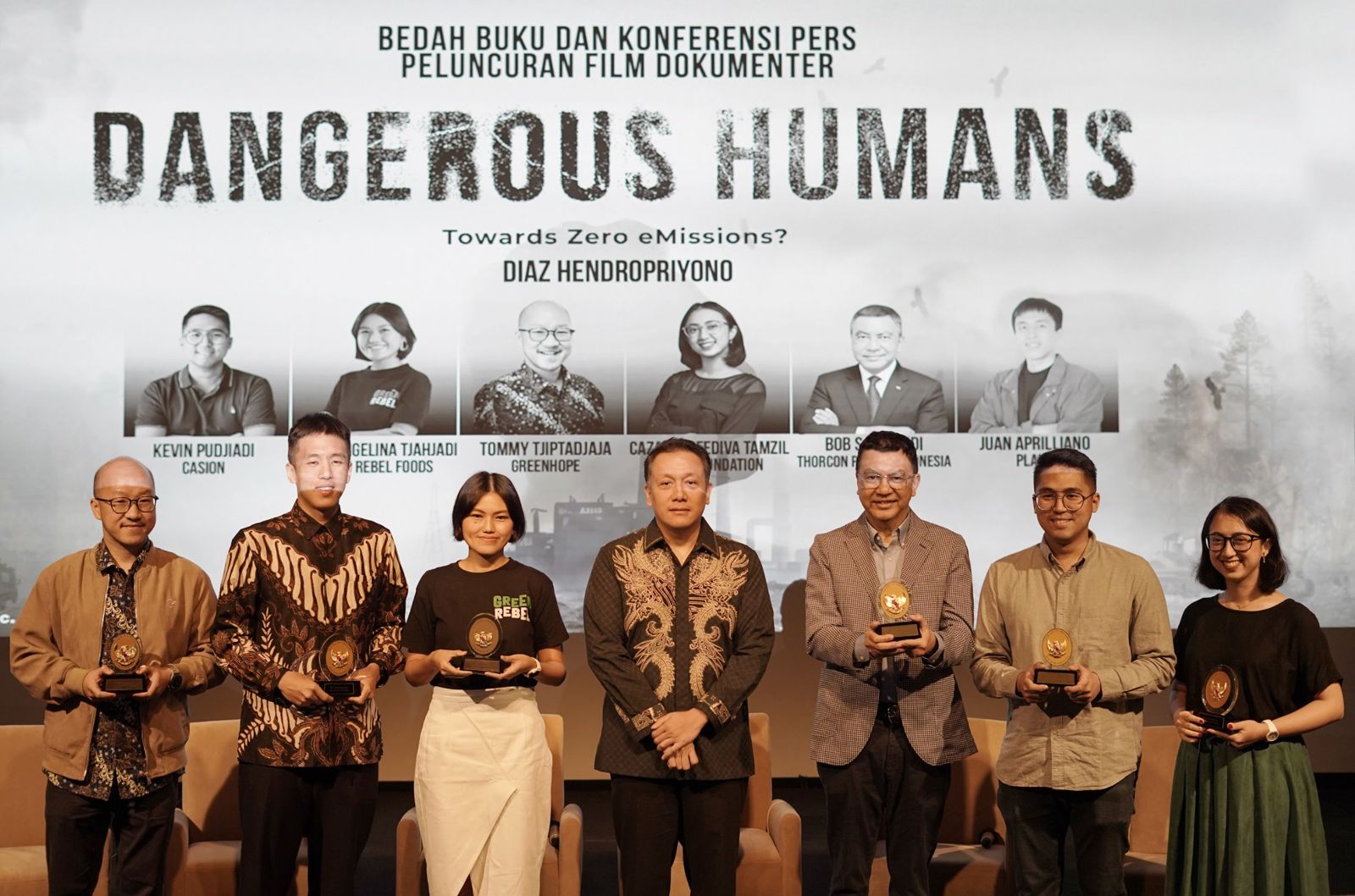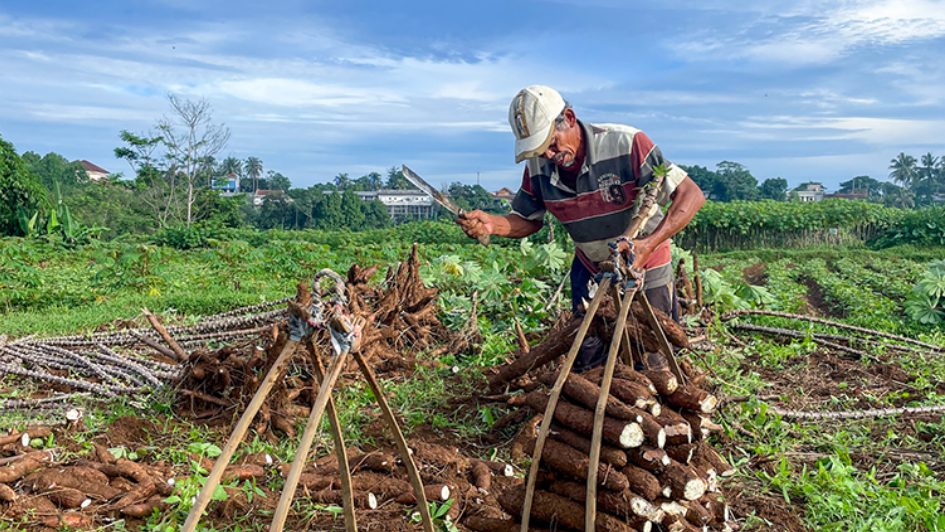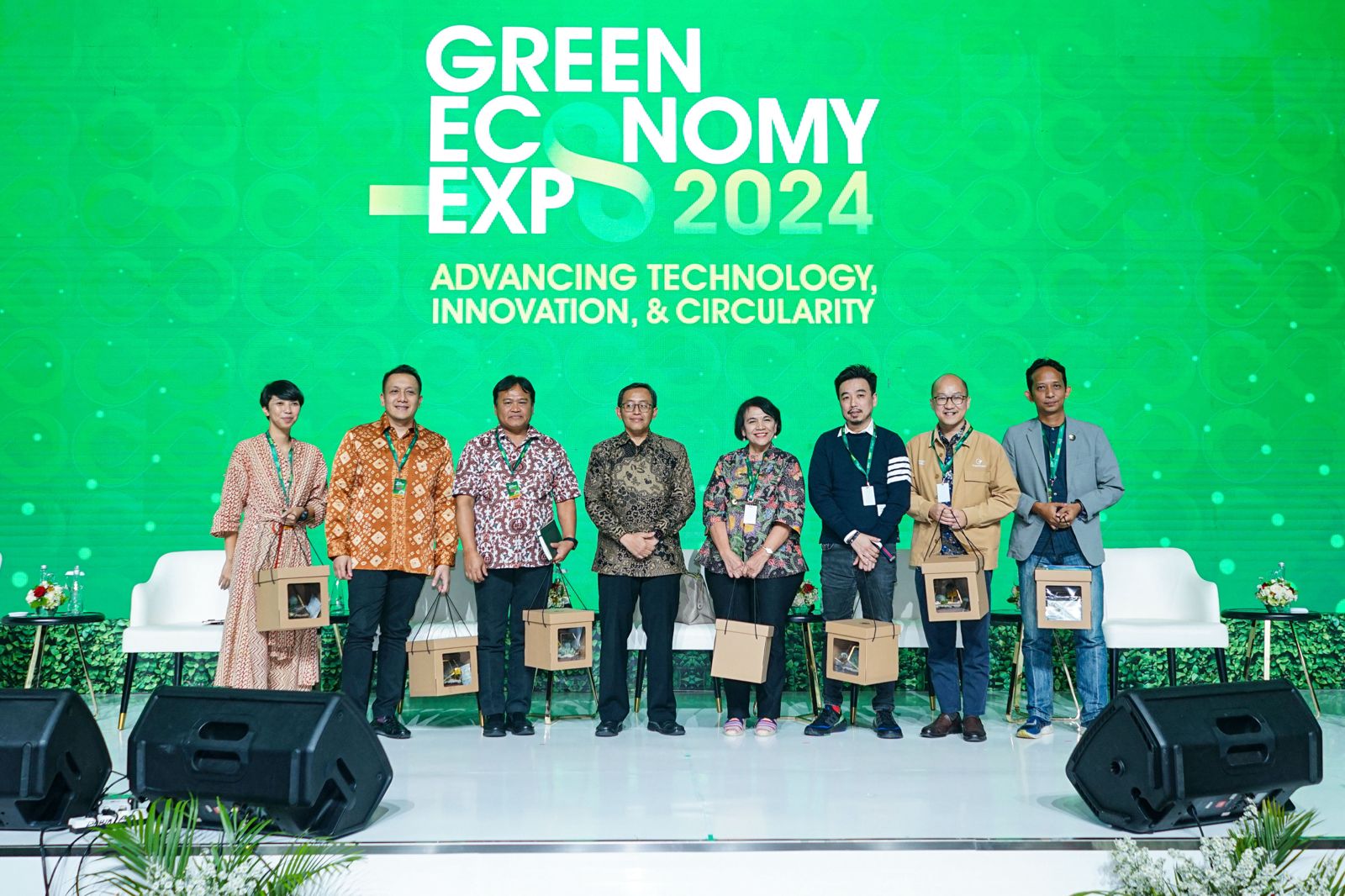Greenhope and Cikarawang Cassava Farmers Strengthen Circular Economy Through Fair for Life Program: Cassava for Bioplastic
Monday, 04 March 2024
PT Harapan Aktif Swadaya (Greenhope) continues to strengthen its commitment to fair trade and the circular economy through a strategic partnership with the Setia Farmers Group, a cassava farmer group in Cikarawang Village, Dramaga District, Bogor Regency. This program is part of a joint effort to build a sustainable supply chain that connects cassava farmers with the renewable-based bioplastic industry.
Collaboration That Grows with Farmers
The partnership between Greenhope and the Setia Farmers Group began before the Covid-19 pandemic. Through the Fair for Life (FFL) scheme, Greenhope buys cassava from farmers at above-market prices, provides premium funds, and builds long-term, mutually beneficial relationships.
However, this project was temporarily halted when the pandemic hit. Activities were hampered by mobility restrictions and public safety priorities. Even so, good relations and a spirit of collaboration were maintained between the two parties.
Fair for Life Recertification Post-Pandemic
After conditions improved, Greenhope and the Setia Farmers Group continued the FFL project and applied for re-certification. The audit was conducted on 27–29 February 2024 by an independent certification body, lasting three full days, with a very comprehensive coverage.
The audit activities included:
Document and factory administration checks
Direct observation of Greenhope production facilities
Visit to cassava farmer's gardens
Direct interviews with farmers
Visit to small flour processing units (SMEs)
Observation of the process at the Ecoplas bioplastic converter, which uses cassava-based resin
This audit ensures that the entire process, from upstream to downstream, is in line with the principles of fair trade and socio-environmental sustainability.
Cassava for Bioplastic: The Beginning of a Village Circular Economy
With the FFL scheme, farmers not only receive a premium price (IDR 1,850/kg), but are also connected to the green industry ecosystem. Cultivated cassava becomes the raw material for bioplastic resin, replacing conventional plastic in packaging and consumer products.
Through this model, Greenhope and the Setia Farmers Group are building the foundation of a rural circular economy that supports farmers as the main actors.
Collaborative Development Plan
Greenhope and the Setia Farmers Group are currently developing a joint plan for:
Construction of a tapioca flour processing facility in the village
Development of environmentally friendly packaging designs for farmer-processed products
Training in making derivative products from cassava and mocaf, such as noodles, cakes, and local food products
This plan will be discussed further in group meetings, with support from premium funds and technical facilitation from Greenhope.
Challenges and Hopes
Although the collaboration has shown positive impacts, several challenges remain:
The relatively old age of farmers and minimal regeneration
Conversion of agricultural land into settlements and commercial businesses
Lack of interest from the younger generation in farming, especially in the cassava sector
However, Greenhope believes that with a fair trade model, the right mentoring, and a spirit of collaboration, villages like Cikarawang can be an important part of the transition to a low-carbon and regenerative economy.
“Fair for Life is not just a label. It is our commitment to building long-term relationships with farmers, based on fairness, sustainability, and shared responsibility.”
— Greenhope Sustainability Team



